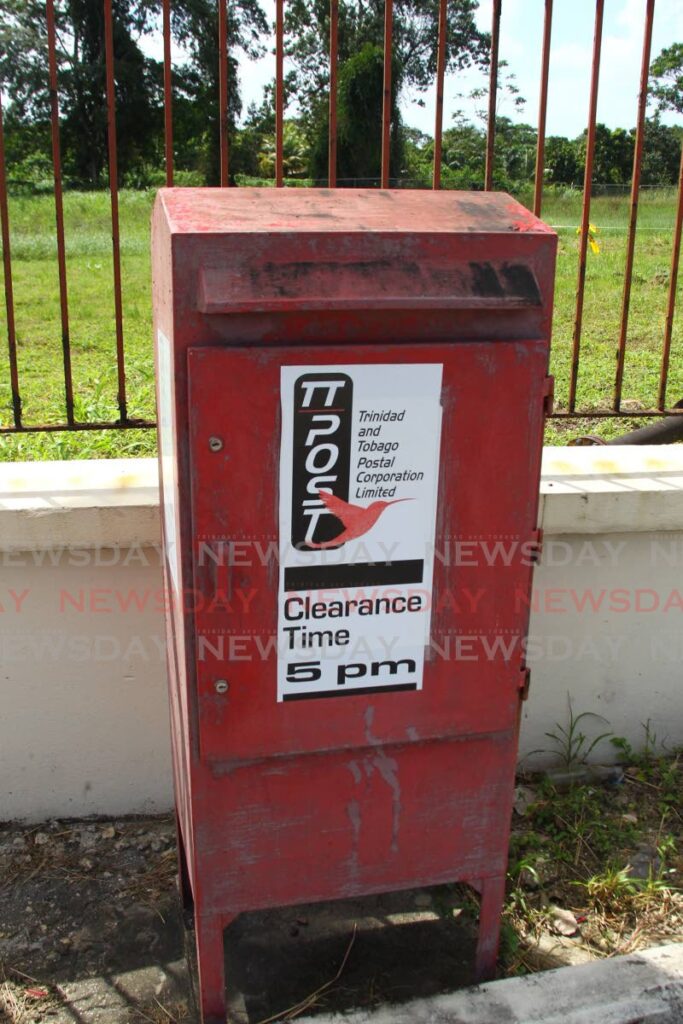The psychology of tipping

That news story about postal delivery workers planting envelopes for gifts or tips in your mailboxes raised eyebrows. Public Utilities Minister Marvin Gonzales called it “illegal and reprehensible.” Postal Workers' Union president David Forbes said it was a “sweetheart relationship” – part of the psychology of tipping for service.
In the first place, it is well defined that a “tip” is given for service, for example, in a restaurant, airport or taxi, because you have been satisfied with the service given. Now the waiter, maid, porter or taxi driver is presumably already being paid a salary by the employer. And the tip is therefore discretionary. The taxi driver has the mileage register or an already-agreed charge for the trip.
This tipping matter, while expressing gratitude, could cause unnecessary trouble and disappointment. Why, for example, should you give the maid a tip if you find your hotel bedsheet or bathroom towel have not been changed for three days? Why should you give the waiter a tip who carelessly spills coffee on your dress? Or serves several others while you were waiting longer? Or the taxi driver who takes the wrong way so far that your fare gets doubled in the meter?
Well, with a soft heart for the working class, you may still tip them. In fact, the Trinidad and Tobago Postal Workers' Union has a banner with the slogan “Born from Struggle.” For three years now, claiming a “high absenteeism rate and worker burnout,” the union has been asking for more staff and increased salaries.
But tipping is a different thing. The worker is hired by an employer, who pays him or her an agreed-upon salary or wage. And this salary is expected to be fair and reasonable. In fact, this, in addition to other industrial relations conditions, is by law.

Tipping is more a psychological, conditional obligation than a law. If it is that employers pay service workers less than a standard rate, telling workers that “tips” will cover the rest, that is asking for trouble or disappointment.
There are at least five psychological principles related to tipping in a restaurant:
1. As gratitude for good service.
2. As encouragement for better service.
3. Giving tips, big ones, to “show off,” to appear a “big spender,” especially if among friends.
4. As an investment for future service.
5. As a duty to help the poor.
Of course, waiters should be smart enough to increase customer motivation to tip. When a waiter introduces himself or herself and makes the customer feel “somebody special,” the tip, especially with the wife’s prodding, is almost guaranteed.
Tipping, as defined earlier, is an act of making a small present of money for a service given (Oxford Concise Dictionary). Not everybody may afford a tip. Now, it seems standard practice to include “gratuity” in the restaurant bill. “Gratuity” means “money given in recognition for services.” It is usually around 15 per cent of your final bill.
But where did this idea come from? From the “International Council of Restaurateurs” after customer consultations? Is it a substitute for “tip?” Well, okay, people pay gratuity quietly, mainly because they wish to look “respectable,” but why then expect another “tip” to be given? Look, from the psychological pressure of the moment, I always pay gratuity and the tip happily when the service is good. But I must admit, I wonder.
It is the compulsory part I don’t like. It looks like bullying sometimes. Some places put in both gratuity and tip without asking you anything, regardless of the quality of service or food. I have seen signs at the doors of some overseas restaurants and bars which tell you “tipping of 25 per cent or more is compulsory here.”
In dealing with the postal workers’ Christmas envelope venture, the Public Utilities Minister is trying to be a disciplined minister. He feels as employees of a government service agency, it doesn’t look good for workers to put white envelopes in citizens’ mailboxes. Cut it out, he said, much to the objection of union secretary general Clyde Elder.
Now, if, as Mr Elder argues, these postal workers sometimes pay the bills, run errands etc, for some citizens, well then, such citizens are obliged “to give a small present for good service rendered.” But to put the envelope in all mailboxes will likely lead to worker disappointments, especially from poor citizens at a time of existing hardships for all.


Comments
"The psychology of tipping"